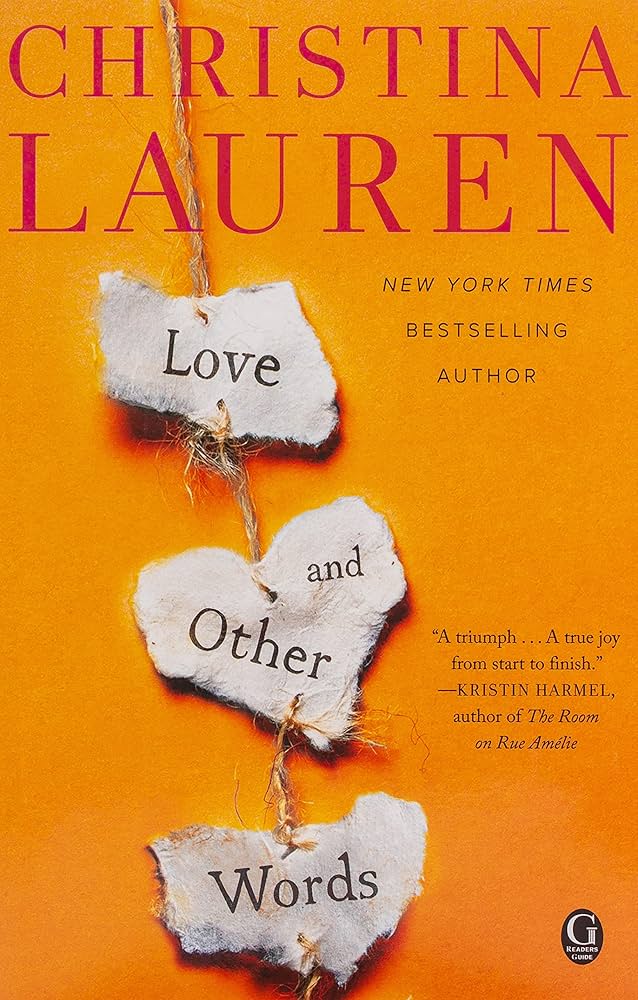For today’s review, I decided to make it more interactive with you. I have been too much in an English teacher mode and figured a light-hearted review would be a nice change. So, let’s play a game.
Disclaimer: This suits my romantic comedy girlies better, but your average reader can also have fun.
Question 1: Who said this iconic line?
“You have bewitched me body and soul, and I love, I love, I love you”

A) Mr. Darcy
B) Heathcliff
C) Not your boyfriend
Question 2: Who killed himself after thinking his lover had passed away?

A) Definitely not your boyfriend
B) Romeo
C) Rhett Butler
Final Question: Which book is known for the main leads sharing a bed (forced proximity trope)?
A) A Court of Mist and Fury: Rhysand and Feyre
B) The Hating Game: Joshua and Lucy
C) Not your boyfriend as he would rather game with the boys 🤡
The answers are as follows:
- C
- A
- C
Too bad I didn’t add a fourth question where the solution was A. It would then say “CACA”, get it? I know, very mature Holly…
I am sure by now you have noticed a pattern. It looks like fictional men will always be better than the real thing. With Valentine’s Day around the corner, I felt compelled to remind us to fill our void by paying our favorite book husband a visit. Introducing: Elliot Petropoulos from Christina Lauren’s “Love & Other Words“.
The Ultimate Childhood Friendship (That Will Ruin Your Standards for Life)
The story follows Macy Sorensen and Elliot Petropoulos, two book-loving nerds who bond over their shared love of words and awkward teenage feelings. Their relationship is the kind we all wish we had growing up: filled with late-night conversations, shared book recommendations, and enough adorable tension to power a rom-com. But, as in all great love stories, things eventually go south, and they part ways. Years later, Macy and Elliot run into each other again, and naturally, chaos ensues. Nothing says “I’m over it” like awkward small talk and suppressed emotional trauma.
Macy Sorensen: Queen of Emotional Avoidance
One of the most relatable aspects of Love and Other Words is Macy’s emotional unavailability, which, let’s be honest, feels a little too close to home. Meanwhile, Elliot is the hopeless romantic we all secretly wish we could find—patient, kind, and just the right amount of nerdy. Their relationship highlights an important life lesson: avoiding your problems doesn’t make them go away, it just makes them show up in the form of your old crush when you least expect it.
Past vs. Present: The Emotional Whiplash Is Real
Another standout feature of the novel is its clever use of dual timelines. One moment, you’re experiencing the sweet innocence of first love, and the next, you’re thrown into the emotional aftermath of adulthood, wondering how everything fell apart (kind of like your parent’s marriage😊). The past and present collide in ways that will have you screaming at Macy and Elliot to just talk it out already— or continue dancing around the fact that they like each other for entertainment.

POV: Me the entire time I read this novel
Conclusion: Would Your Boyfriend Even Love You If You Were a Worm?
Yes, you heard it here ladies, forget candlelit dinners and overpriced roses—this Valentine’s Day, the only man you need is Elliot Petropoulos. He’s sweet, he’s bookish, and best of all, he won’t leave his dirty socks on the floor.
So, while your real-life boyfriend is busy gaming with the boys, why not indulge in some forced proximity and emotional damage with Elliot? He’s the perfect fictional escape: thoughtful, patient, and conveniently available whenever you need him (because, you know, he lives in the pages of a book).
In conclusion, reality might disappoint, but fictional men never do. This Valentine’s Day, grab a cozy blanket, some snacks, and let Elliot remind you why book boyfriends will always have our hearts. Happy reading, and remember—if he’s not reciting romantic monologues like Mr. Darcy, is he even trying?



